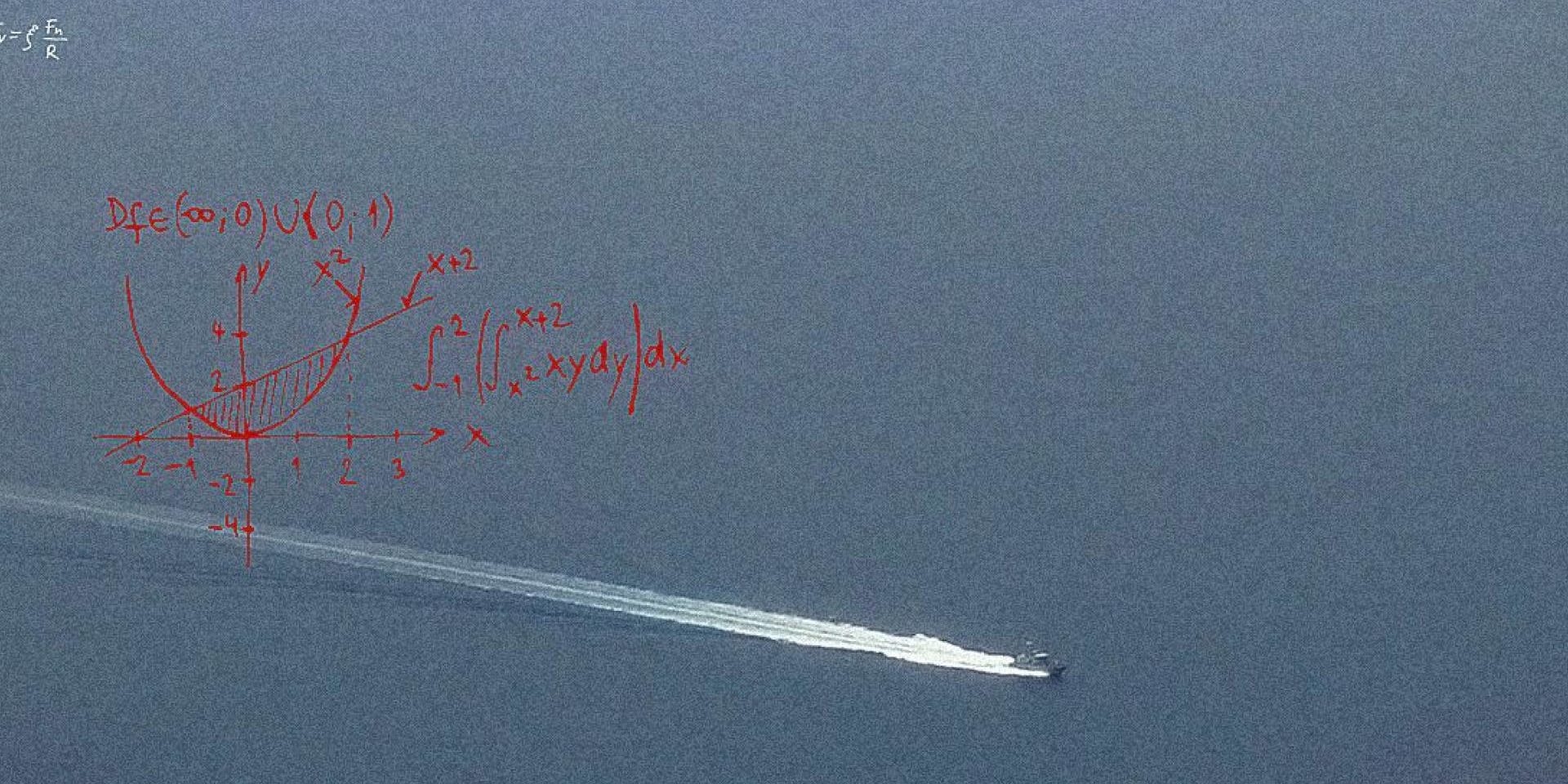Today, Wednesday, the General Court of the European Union in Luxembourg ruled in the Sea-Watch v Frontex case. While failing to establish transparency and accountability, the Court found that Frontex wrongfully kept more than 100 photos secret. These could prove the border agency’s involvement in a human rights violation in the Mediterranean.
In April 2022, Sea-Watch, with the support of the organization FragDenStaat, filed a lawsuit for releasing information allegedly proving Frontex’s involvement in human rights violations. Frontex had previously refused all requests under the Freedom of Information Regulation.
In its decision, the Court stated that the border agency had previously withheld the existence of over 100 photographs that were the subject of Sea-Watch’s request. The Court, therefore, found that the refusal of access to these photographs was not justified.
However, the EU court largely rejected Sea-Watch’s complaint with the current ruling. Although the border agency is obliged to be transparent with the public, the ruling prevents the release of the requested documents. It thus cements Frontex’s impunity at Europe’s external borders.
“If we want to prevent human rights violations at the EU’s borders, those responsible must be held accountable. Today, the Court has failed to ensure this. Frontex Director Leijtens can still show that he is serious about his announced transparency. We call on him to publish all requested documents and the withheld images”, says Marie Naass, Head of Advocacy at Sea-Watch.
Luisa Izuzquiza, FragDenStaat Brussels Liaison Officer: “While there is still a long road ahead towards ending Frontex’s pattern of impunity and unaccountability, today’s ruling represents an opportunity. Frontex was wrong to keep important evidence secret and should now disclose the footage it holds; this is only a bare minimum, but it is also crucial towards achieving transparency.”
Background:
In the lawsuit, Sea-Watch referred to the case of a pullback on 30.07.2021 in violation of international law, which was witnessed by the monitoring aircraft Seabird and the rescue ship Sea-Watch 3. Within the Maltese search and rescue zone, a boat in distress at sea with around 20 people on board was intercepted by the so-called Libyan coast guard and pulled back to Libya. As the organizations Human Rights Watch and Border Forensics pointed out, it must be assumed that Frontex facilitated this illegal interception.
Frontex repeatedly refused to hand over the requested information following requests under the Freedom of Information Regulation. What Frontex did disclose was the extent of the available data: 73 documents, images, and a video relating to the date of the incident were identified. These included 36 documents on the exchange of communications between Frontex and Libyan, Italian, and Maltese authorities in connection with their operation in the central Mediterranean on 30.07.2021.
With the support of the organization FragDenStaat, Sea-Watch, therefore, filed a lawsuit against Frontex before the General Court of the European Union to obtain the release of the withheld information and to prove that Frontex is significantly involved in human rights violations in the Mediterranean.











